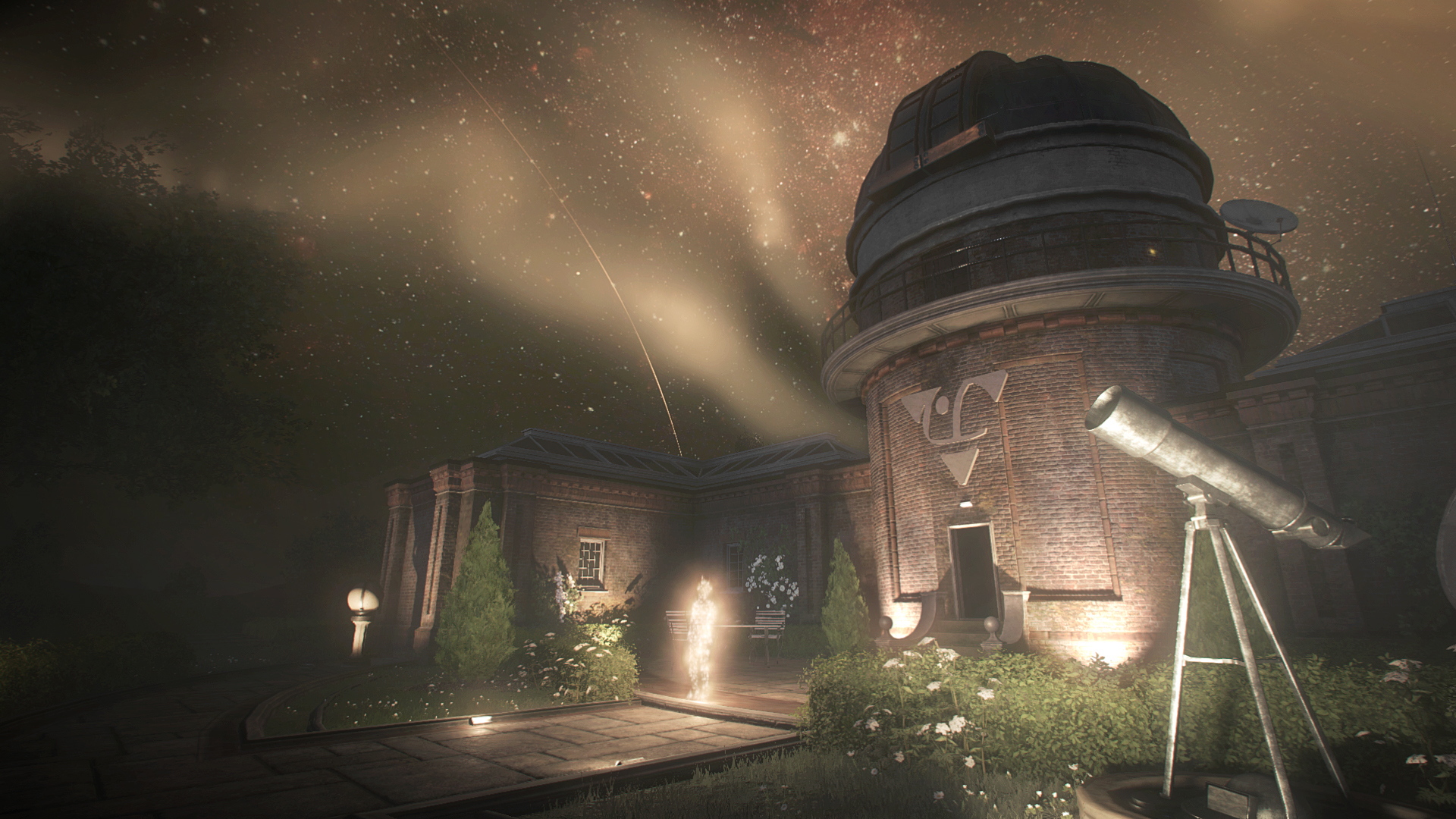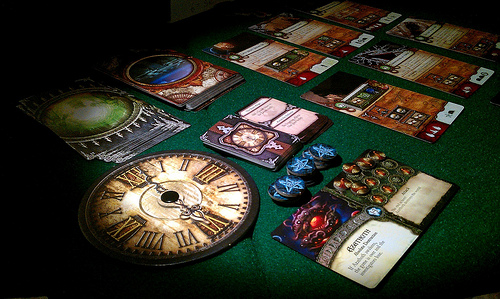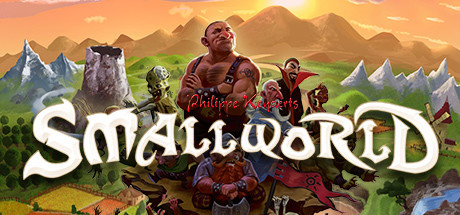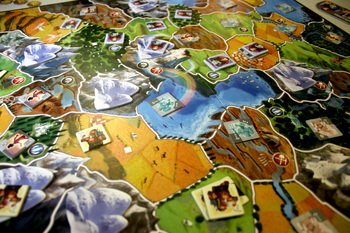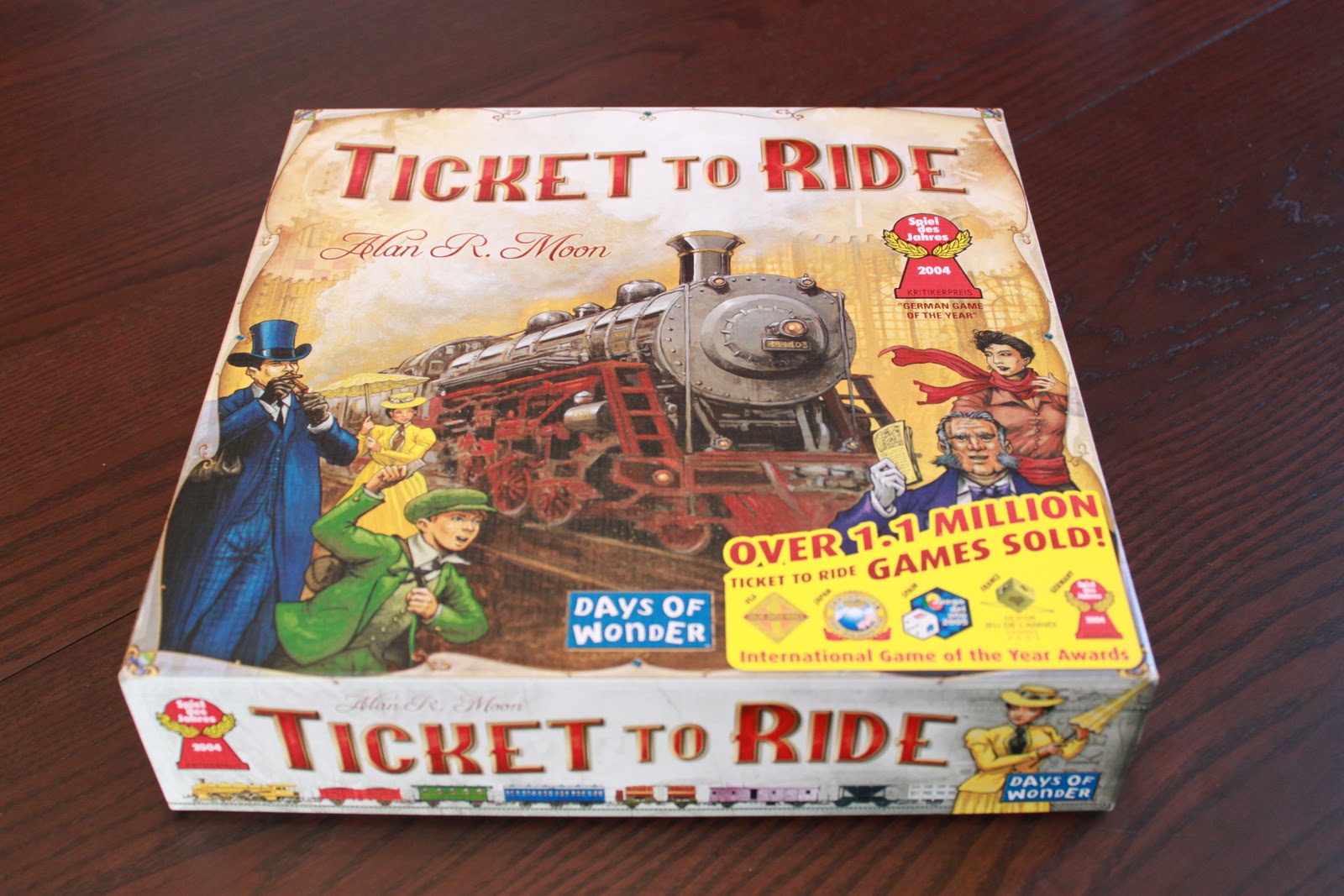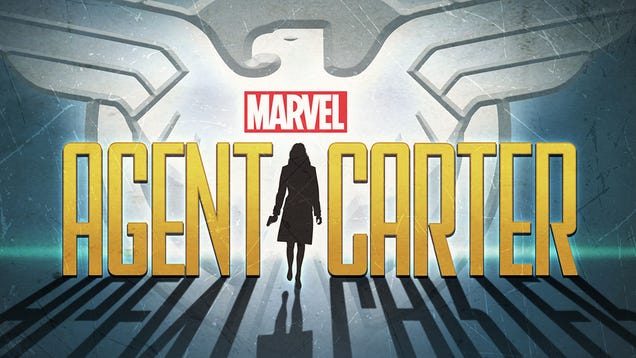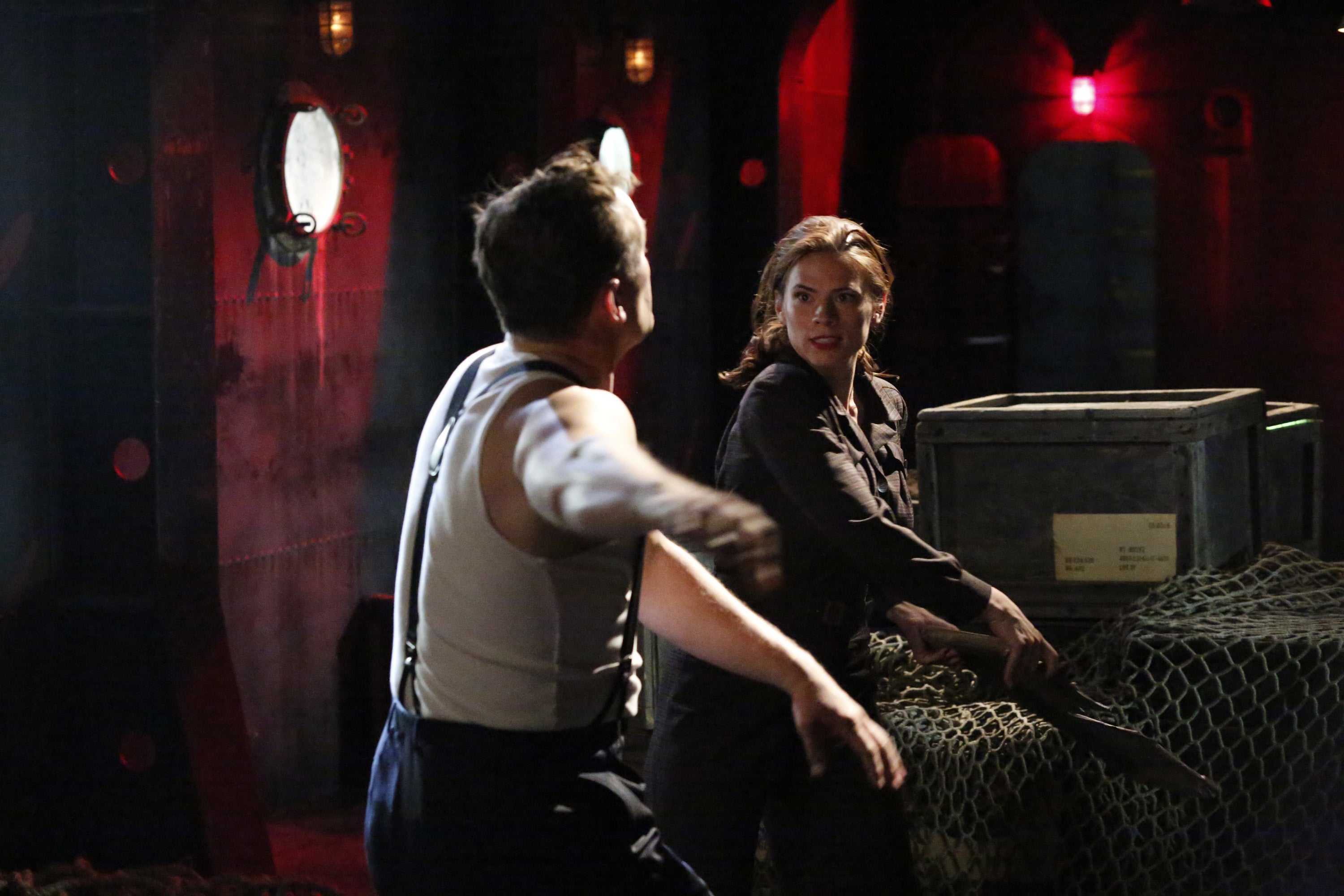You spend the entire game sifting through video clips and taking notes (in the real world) trying to piece together the story. The program you are using searches a database of these clips through keywords. Any word uttered by the woman in the clips can be searched, searching for the word 'was' is going to turn up tons of videos and be pretty useless. But the name of a month, a person she mentions, a particular item these sorts of clues may lead to clips that start putting the story together for you. The note taking you'll undoubtedly do is to keep track of characters, dates, and things that seem suspicious or contradict you'll want to search later. And that's it, that's all you do. You type in your searches and then you watch the video clips. But it's this sense of really putting this story together that is so engaging. With zero help or hints you have to put together the story and decide where to focus your interests, it feels like being an actual investigator. The game begins to elevate beyond the computer screen and a meta-game of sorts start playing out within yourself, are you following the right clues, are you being lied to, how can you factual prove any of the things that are being said. When you are three pages of notes in and your frantically flipping through them trying to link things together and replaying the same video clip trying to read the actress facial expressions and body language for any sort of clue that is when you realize you're playing something that likes of which has never been done before. And it's awesome!
But it's not entirely positive, since there's no help whatsoever you may hit a wall several times or simply end up going in circles missing some key piece of information that will help you reach some understanding or at least point you into a new line of thinking. The issue with criticizing this aspect of the game is that it's not the games fault, it's your own. You, the player, has not put the pieces together, you are the ineffective investigator. You feel like you've failed but you put the blame on the game when it's all your fault. In that way the game can be frustrating but I feel like it's part of the experience and unless you give up it's just a hurdle that once finally crossed is immensely rewarding.Her Story is a difficult game to talk about, their isn't much to it and any enjoyment stems entirely from personal experience and the story so any real breakdown of the game results in spoilers of the story or just of the potential experience. Suffice to say I adored this game and I wish more experimental games like this existed. You can easily get lost in the experience of Her Story, the game is a catalyst for the experience you will have, how obsessive, frustrated, satisfied you'll be. Her Story feel impossible to review, it's the most subjective experience you'll have with a game since how much you get out of it is entirely based on you.
(Just Play It)







